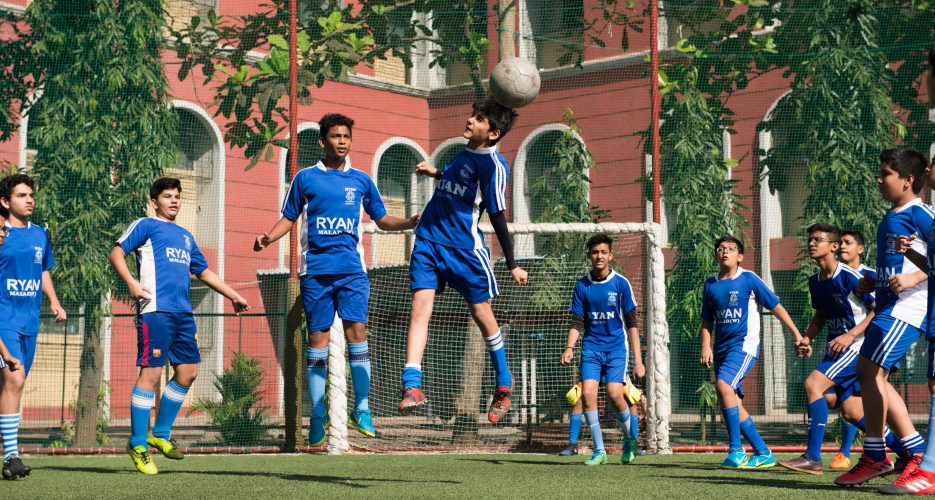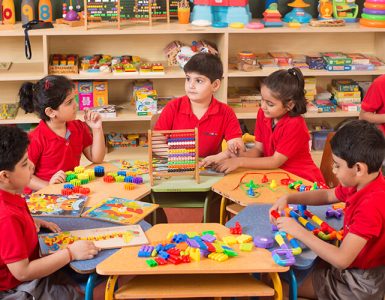This article is written by Divya– Sport & Counselling Psychologist, Fortis Healthcare as part of our Guest Blogger Activity.
There’s nothing quite like the joy of playing.
Ask any child, and the playground is probably the place where they’re the happiest. It’s also the place where they master their social skills as they interact with other children, hone their gross and fine motor skills and let their creativity reign.
Unfortunately, as the pressure of academics increases, games periods are probably the first casualty – replaced by what seem to be far more important extra classes in math, science, history and so on. It’s the same story at home, where parks get replaced, either by tuition centres or video games.
Even for students who are skilled in sports and playing in leading teams, the conflict soon emerges – studies or sport?
Studies or Sports, What to choose?
The answer isn’t studies or sport. It’s studies and sport. Watch a game of football and you’ll realize the astounding visuospatial ability that players possess. Play a game of chess to understand the way the game develops a child’s memory. Swing a golf club and feel the calm, control and precision that it asks of the player.
Ryan International Groups’ alumni and successful athletes like Rahul Bheke (Indian Professional Footballer), Chirag Shetty (International Badminton Player & Arjuna Awardee 2020), Karman Thandi (International Tennis Player – WTA Singles Ranking 2018 – 196) maintained the right balance of sports and studies, during their academic years.
It’s a well-established fact that play, both structured and unstructured are integral to the healthy development of children. In fact, sports have the potential to teach kids more life skills than any textbook ever can. Fun as it may be, there are no short cuts in sport.
What do Sports teach a kid that academics doesn’t?
- Playing a sport teaches children the importance of discipline and hard work. It’s a masterclass in building focus and concentration. It.
- In a field where every day is a win or loss, it teaches students to cope with pressure, to learn from failures and stay humble in the face of successes. It teaches us to interact with other people, to be a team player and to find the leader within.
- Playing a sport inculcates the spirit of healthy competition and all the skills that can also help do really well academically, and eventually in any career of their choice.
As parents, students, teachers and the community at large, let’s get active and give sports the importance it deserves. Play a sport and encourage friends and family to play as well. Watch sport and share stories of role models – in athletes you will find countless stories of resilience, hope, courage, and inspiration.
So go ahead, play a sport, no matter what age or life stage you are at. Maybe just once, skip a trip to the mall or restaurant and book a game at a court instead.
About Author Divya Jain –
Divya Jain is a ‘Sport & Counselling Psychologist’ and the Head of Psychological Services at the Department of Mental Health and Behavioural Sciences, Fortis Healthcare from last 8 years. Divya helps athletes cope up with the intense pressure that comes from their sports competition and overcome problems related to focus and motivation.




